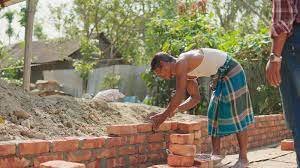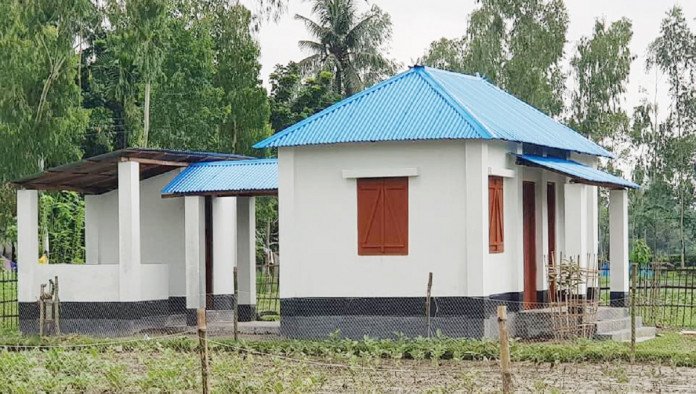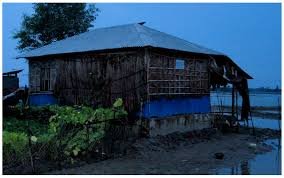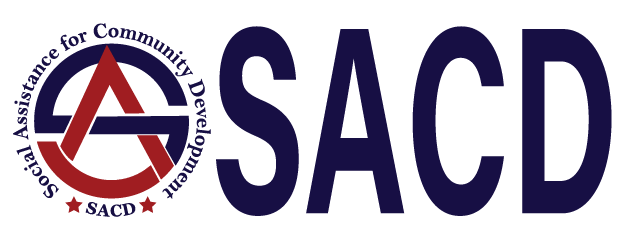Shelter & NFI
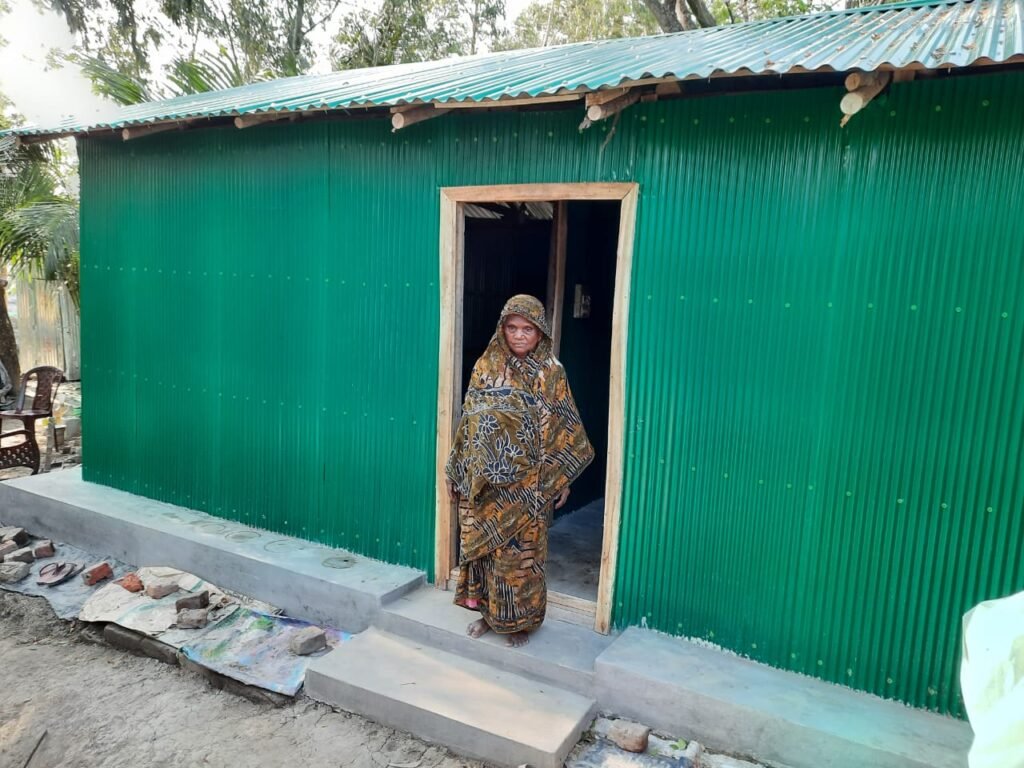
The Shelter and Non-Food Items (NFI) sector is a critical component of humanitarian aid, addressing immediate needs while fostering long-term resilience for disaster-affected communities. In this context, Social Assistance for Community Development (SACD) takes a holistic approach, integrating emergency response with sustainable development. SACD’s primary objectives include providing safe and dignified shelters, delivering essential NFIs like blankets, cooking utensils, and hygiene kits, and promoting community-driven solutions for sustainable housing.
During emergencies, SACD ensures the rapid setup of temporary shelters and reinforces partially damaged structures to provide immediate protection. As the response progresses, the focus shifts to transitional and permanent housing, emphasizing disaster-resilient construction techniques and local material use. Training community members in these techniques and forming shelter management committees ensures that the affected population takes an active role in rebuilding efforts.
NFI distribution is based on thorough needs assessments, with particular attention to vulnerable groups like women, children, and persons with disabilities. Transparent distribution systems and post-distribution monitoring ensure the effectiveness of the support provided.
SACD’s emphasis on participatory approaches ensures that shelters and NFIs align with cultural and environmental contexts, promoting ownership among beneficiaries. However, implementation faces challenges such as logistical constraints, resource gaps, cultural barriers, and environmental concerns. To address these, SACD incorporates best practices like adhering to Sphere Standards, ensuring gender-sensitive solutions, and promoting innovative, eco-friendly materials. SACD fosters self-reliance and strengthens community resilience by building durable, disaster-resilient shelters and integrating livelihood opportunities. This comprehensive approach meets immediate needs and lays the foundation for long-term recovery and social cohesion, aligning with the broader humanitarian goal of rebuilding lives with dignity and hope.
